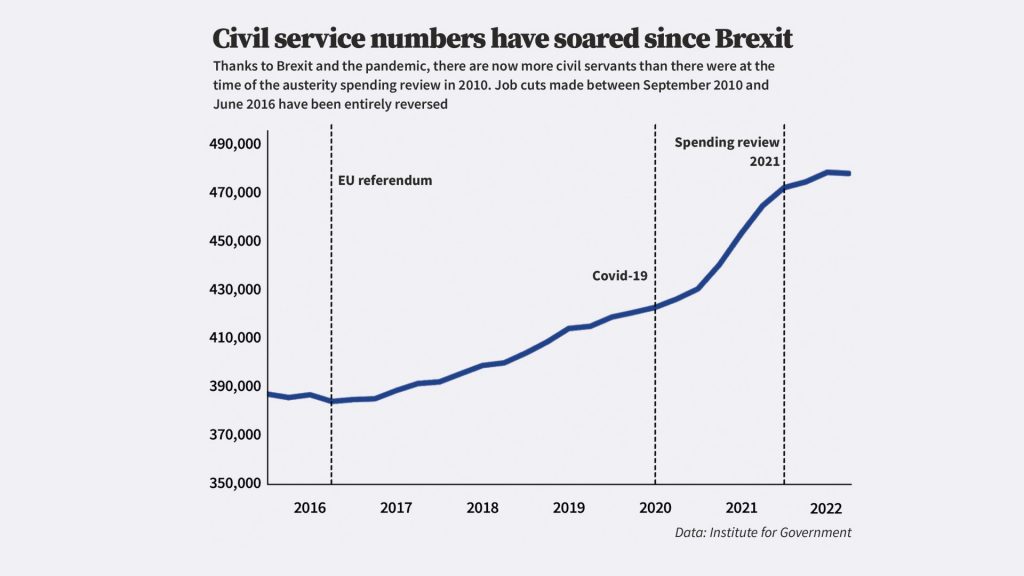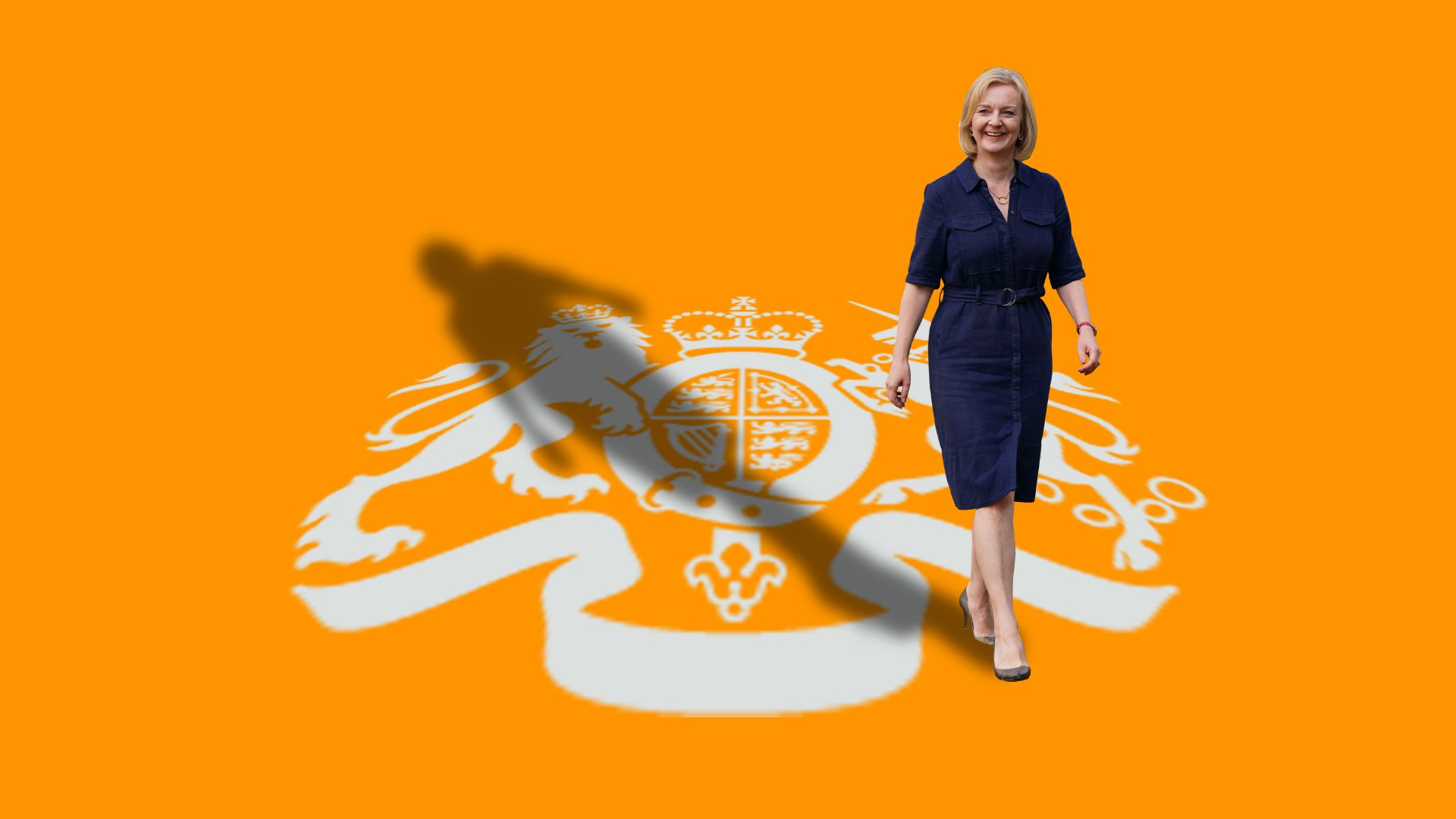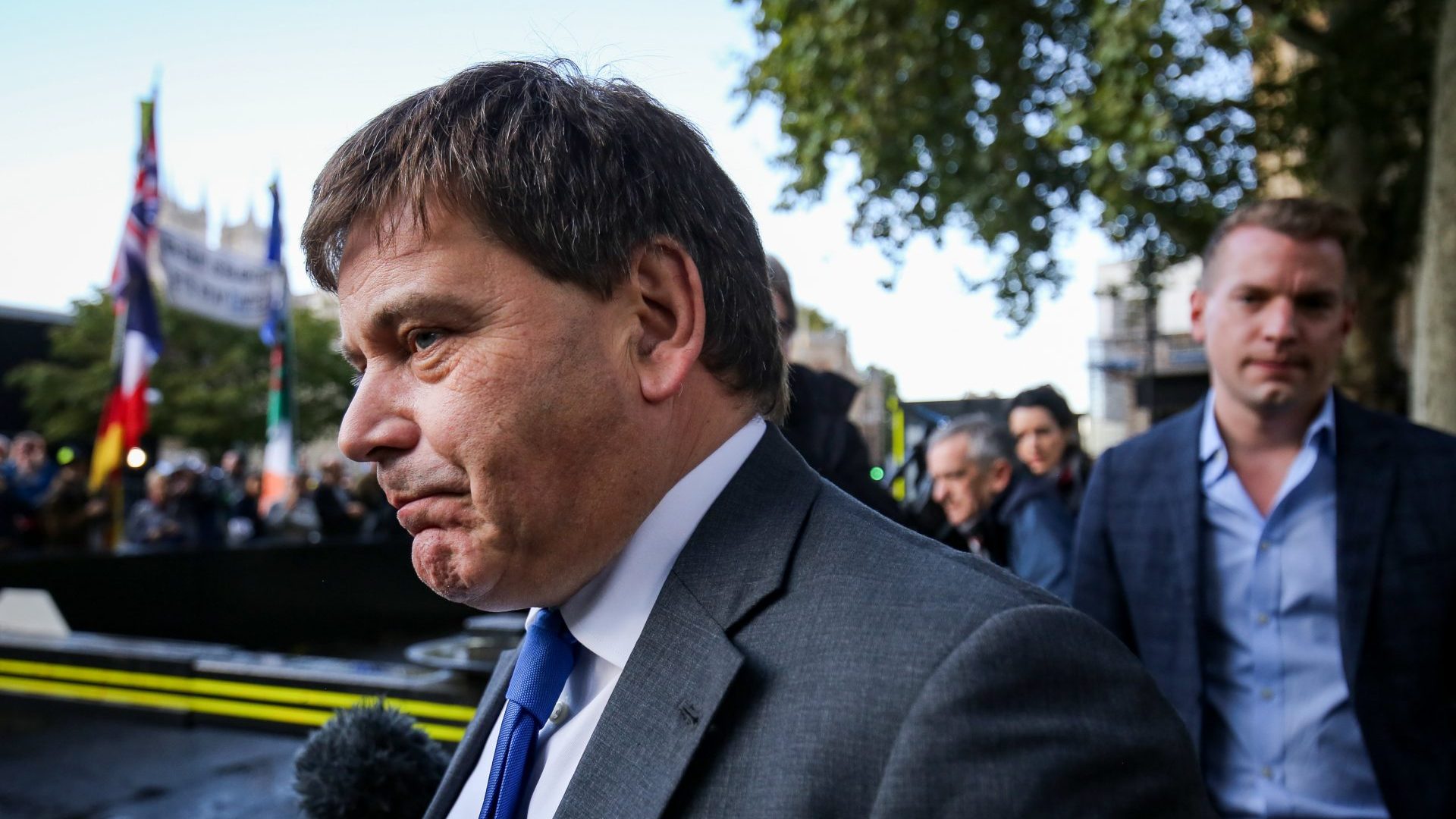The start of the Liz Truss premiership was spectacularly overshadowed by the death of a far more famous (and far more popular) Elizabeth, but despite the pomp and circumstance of the official mourning period, Truss was still able to make some significant early moves.
Truss might be relieved that some of these moves have happened without much public attention – as in the little time she has had to engage in prime ministerial politics, Truss has taken action that even her immediate predecessor did not: she all but declared war on the civil service.
Within hours of his appointment to the Treasury, and with Liz Truss’s explicit blessing, Kwasi Kwarteng fired the department’s permanent secretary, Tom Scholar. During the leadership campaign, sources close to Truss had been briefing that the head of the civil service, cabinet secretary Simon Case, was also for the chop – but for now he has had a reprieve.
Truss also sacked the national security adviser, Sir Stephen Lovegrove. The moves have sparked outrage from former cabinet secretaries and other watchers of British government – not least because ministers aren’t, strictly speaking, supposed to be able to fire civil servants. Ministers can bring in their own special advisers for political advice, but the civil service is supposed to be neutral and not change over from government to government.
Accounts of Scholar’s firing in particular have noted how well-regarded he was within the civil service, but the reasoning briefed out for his firing was that both Truss (who has been a minister in the Treasury) and Kwarteng regarded him as the figurehead of the very Treasury orthodoxy that they seek to overturn. He was, they argue, simply not the right man to demolish the edifice that raised him to the top.
There are plenty, on both the political right and left, that believe Treasury orthodoxy is a major problem in UK government (I have, more than once, called for the Treasury to be split up, among other reforms). But Truss is putting herself in a very dangerous position.
Once Truss finishes appointing all of her ministerial roles, she will have just shy of 100 frontbenchers. These will be accompanied by special advisers, but even with them, that gives her a political headcount of just 250 people. This is not remotely enough people to run a single ministry, let alone a whole country.
Truss, who had more cabinet experience coming into office than any of her living predecessors, will be well aware of this. Her ministers might not – Truss has appointed the least experienced cabinet team the UK has had for decades. They will be reliant on the civil service to execute the plans they want to make.
Given that Truss is coming into power amid a generational energy and cost-of-living crisis, and wants to run a transformational government to boot, she will need every bit of civil service buy-in she can get. Any efforts that look like a bid to introduce yes-men will just drain the civil service of competent staff who can challenge their political masters and help prevent disasters – public sector pay was hardly spectacular even before austerity and 10%+ inflation.
Truss hardly inherited great civil service goodwill towards her government – when Jacob Rees-Mogg was supposedly in charge of public sector efficiency he spent his time incessantly wailing about civil servants not being at their desks, all the while failing to notice that due to the government sell-off of office buildings there were not enough desks for civil servants to be at.
More seriously still, when as home secretary Priti Patel was found to have bullied her permanent secretary out of his job, she faced no sanction from the prime minister. Truss might be new as prime minister, but she has served as a minister under all three previous prime ministers of her party, which has been in power for 12 years. They have done little to inspire loyalty from those who serve them.

Truss’s moves against senior civil servants are fundamentally unfair under the terms of our constitutional settlement, too – politicians are allowed to speak up in the media and in parliament. Serving civil servants are not. The compact is thus that politicians won’t besmirch or publicly criticise civil servants, as they’re not able to put across their side of the argument. Truss has thrown that out in her first week – so why should her civil service uphold their end of the deal?
The one person in perhaps an even worse position than Truss herself as the result of her choices is Simon Case, who may find himself in an unprecedented situation for a cabinet secretary – having the confidence (for now) of the prime minister, but not of the civil service itself.
Case’s job was evidently on the line during the Truss transition, and it is hard for at least some not to arrive at the conclusion that he allowed the firing of Scholar to save his own job – whether true or not, the perception is an unavoidable one. This fundamentally undermines his own immensely delicate and political role, and his ability to be an honest broker around No 10 and the cabinet.
This has been further undermined by a sense political advisers have been allowed to breach the official mourning period with little in the way of repercussions – contentious political matters were not supposed to be aired until the day after the Queen’s funeral, but policy detail was briefed out throughout the period, including the incredibly contentious decision to uncap bankers’ bonuses.
People will always brief, even when they really should not – but Case’s ability to get a grip will be fundamentally undermined. Were he to depart, though, officials would have little confidence, given Scholar’s fate, that he would be replaced by anyone more able to make sure the political side of the government plugs in properly to the administrative part.
That will matter for issues of propriety – which Truss’s chief of staff, Mark Fulbrook, has been thrust into already, with the Sunday Times’ revelation he is cooperating with an FBI investigation – but also for the simple running of government. Part of the job of the prime minister and her ministers is to energise the troops and get them on board.
For all that certain government ministers like to portray the civil service as a hotbed of radical leftism, that has never been the case – the civil service proved eminently capable of delivering Thatcher’s agenda of reform, and cabinet secretaries have often managed the transition between prime ministers of different parties with ease.
The US tends to change around 2,000 senior administrative roles with the changeover of presidents – much to its detriment, creating huge inefficiencies, loss of institutional knowledge, and revolving doors with contractors.
Like Dominic Cummings, Liz Truss has entered No 10 wanting to change government. She might wish to reflect on his failure.




